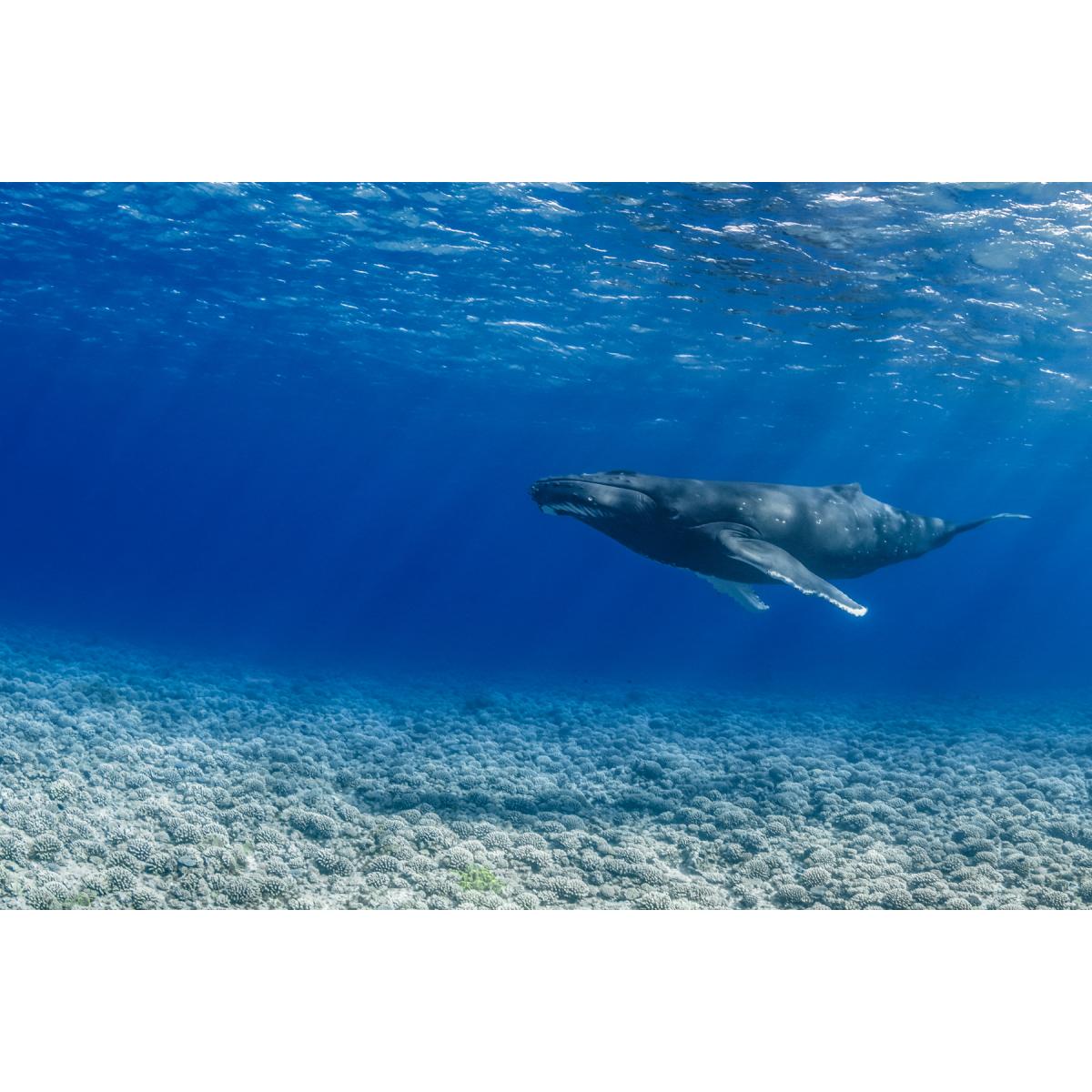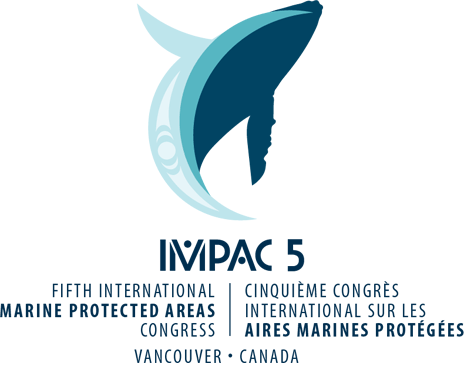5th International Marine Protected Areas Congress (IMPAC5) is on, new dates announced.
The new dates for IMPAC5, Vancouver, Canada, have been announced: 3-9 February, 2023. Co-hosts IUCN and the Canadian Government, together with the international committee for IMPAC5, invite you to prepare.

Photo: Coral Reef Image Bank
The IMPAC5 global forum brings together ocean conservation professionals and high-level officials to inform, inspire and act on marine protected areas (MPAs).
After four successful previous IMPACs, this IMPAC5 preparation gathers many hopes and expectations, following growing momentum for marine protected areas globally, and spiking global recognition of Ocean conservation as an foundational aspect of protecting the planet and its people. (ref.?)
- Geelong, Australia in 2005;
- Virginia, USA in 2009;
- Marseille, France in 2013;
- La Serena-Coquimbo, Chile 2017;
 Photo: IMPAC5
Photo: IMPAC5
Take aways from IMPAC4
IMPAC4 in Chile offered fresh Latin American perspectives on the diversity of marine protected area (MPA) realities. the major outcomes were:
1. Emphasizing the importance of people.
The motto of IMPAC4 was Marine Protected Areas, bringing the ocean and people together,
- People working in MPAs on a daily basis such as staff and enforcement officials, were shown to be the best conduit for conservation outcomes in the ocean.
- People from small-scale fishing villages, indigenous communities, and local non-government al organizations (NGOs), are also important players in the designation and management of MPAs, which need capacity-building and empowering to succeed.
- Finally, people, such as the general public, are the overall beneficiaries from the maintained or enhanced ecosystem services provided by well-managed MPAs.
Indigenous people, women, children, young professionals, scientists, representatives of local and global NGOs, managers, decision makers and others participated in diverse activities. Women were an active group, representing 46% of the participants. 66 countries where represented with about a third of the attendees being people younger than 40. Indigenous communities from Polynesia, South, North and Central America, the Caribbean, the Arctic and others, contributed in a very active way.
2. Strengthening MPA networks.
MPA networks were a central issue in the discussion at IMPAC4. MPA networks connect marine ecosystems, but also people, managers, scientists, and nations. Connectivity of species in the ocean can be as important as the exchange of information and experiences of the MPA communities.
IMMA info?
IMPACs will continue to provide a natural platform for the consolidation of these networks and the future perspectives for collaboration within the MPA oommunity.
3. Engaging new constituents.
IMPAC4 proved to be a regional attraction for Latin-American and Caribbean nations that participated in great numbers. 60% of the participants were from Latin America, including important delegations from Chile, Brazil, Peru, Argentina, and Colombia, giving an opportunity for the Latin-American MPA community to show their progress and challenges.
An important hub for the discussion of the regional challenges was the LatinAmerican 'RedParques' pavilion organized by the FAO Regional Office.
One take away from the discussions was that it is possible to find cost-effective and innovative solutions for MPAs in many places.
4. Driving the MPA agenda forward at the political level.
As the host of IMPAC4, the Chilean government made great progress on MPAs, with several designation processes culminating at the Congress and being announced there.
During 2017, the marine parks 'Diego Ramirez-Paso Drake' (140,200 km2 ), south of Cape Horn in Patagonia; and 'Mar de Juan Fernandez' (262,000 km2J in the archipelago~400 km off the coast of cent ral Chile were announced.
Additionally, the multiple-use MPAs 'Tortel' (6,702 km~) and 'Seno Almirantazgo' (1,344 km2 ) both protecting Patagonian fjords, and 'Rapa Nui' (579,368 km2 ) protecting the iconic Polynesian Easter Island, were announced and finalized in 2018.
Over a period of almost 10 years, Chile increased the ocean protection under national jurisdictions from around 4% in 2010 to 42.3% in 2018.
Other Latin American countries were part of the trend, with Mexico announcing the creation of 'Revillagigedo Archipelago' National Park (147,629 km2) in December of 2017 and Brazil the 'Sao Pedro and Sao Paulo Archipelago' (384,562 km2) and 'Trindade and Martin Vaz' (403,845 km2 Environmental Protection areas in early 2018 (MPAtlas, 2019).
5. The scientific legacy of IMPAC4.
The programme of publication of Special Issues of Aquatic Conservation: Marine and Freshwater Ecosystems has continued with the generous support of the publishers - Wiley Blackwell - making all papers free to view.
The previous three Special Issues comprising 42 papers, totalling 668 pages of new peer-reviewed material, have focused on all aspects of MPA design, management, and survey and have resulted in over 20,000 full paper downloads, making the experiences and lessons learned by scientists and MPA managers available to the widest possible audience.
This article uses excerpts from Paredes F, Laffoley D, Jarpa C, Flores D, Simard F, Lundin C. Introduction IMPAC4, "Bringing the ocean and people together"; a fresh outcome from La Serena, Chile. Aquatic Conserv: Mar Freshw Ecosyst. 2019;29(S2): 7- 8. https:/ /doi.org/ 10.1002/ aqc.3214



